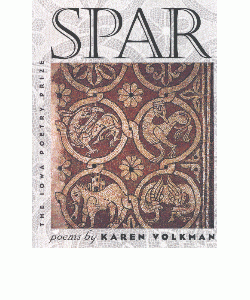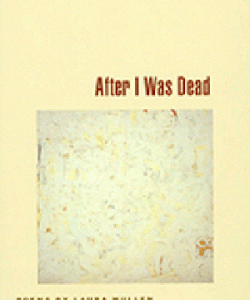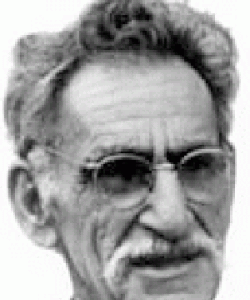An Interview With Poet Claudia Keelan
Claudia Keelan was born in 1959 in Anaheim, California. She is the author of three books of poetry, Refinery (Cleveland State University (1994), The Secularist (University of Georgia, 1997), and Utopic (Alice James, 2000). A graduate of the University of Iowa Writers Workshop, Keelan directs the MFA program at the University of Nevada Las Vegas.








